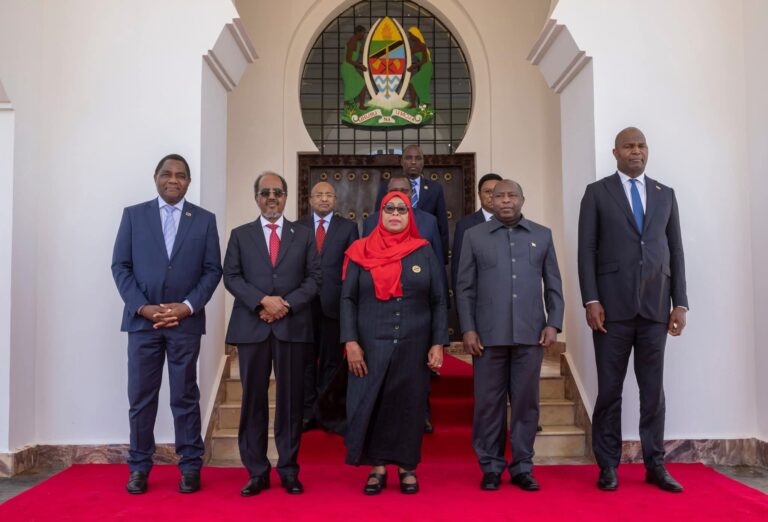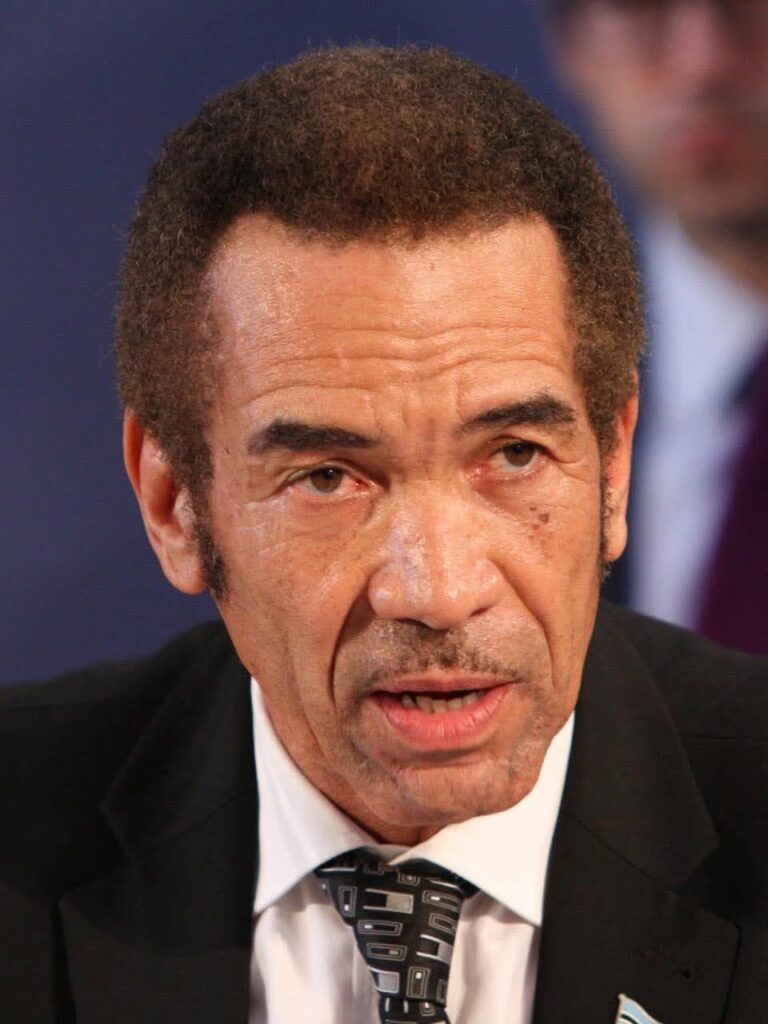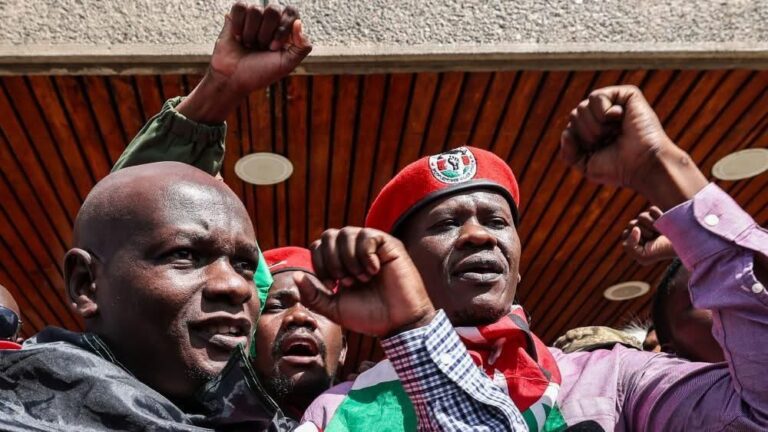Tanzania is taking steps toward national healing after a tense post-election period marked by unrest and allegations of electoral misconduct. President Samia Suluhu Hassan has reached out to opposition leaders, extending an invitation for open dialogue aimed at restoring peace, stability, and public confidence in the country’s democratic processes.
The appeal comes in the wake of violent clashes and reports of human rights violations that erupted following the recently concluded elections. Civil society groups and international observers raised concerns over alleged irregularities in the electoral process, prompting calls for transparency and accountability.
President Hassan’s move signals a willingness to bridge the political divide and engage opposing voices in shaping a shared path forward. Government officials say the discussions will focus on easing political tensions, strengthening democratic institutions, and ensuring citizens’ rights are protected.
The gesture has been welcomed both domestically and internationally. Regional blocs, including the Southern African Development Community (SADC) and the African Union (AU), have praised the call for dialogue, offering diplomatic support to help facilitate a peaceful resolution.
For many Tanzanians, the dialogue presents a chance to rebuild trust between citizens, political actors, and state institutions. Analysts note that the success of the reconciliation process will depend on transparency, sincerity, and a willingness from all sides to prioritize national unity over partisan interests.
As the country navigates this critical moment, the focus remains on calming tensions, fostering inclusion, and reaffirming Tanzania’s commitment to stability and democratic governance.
Ranks Africa will continue to monitor the dialogue process and emerging outcomes.






















